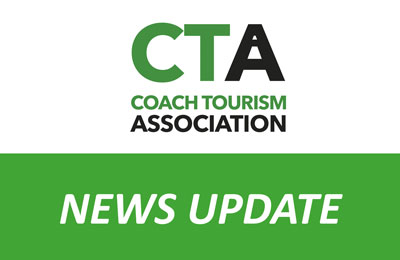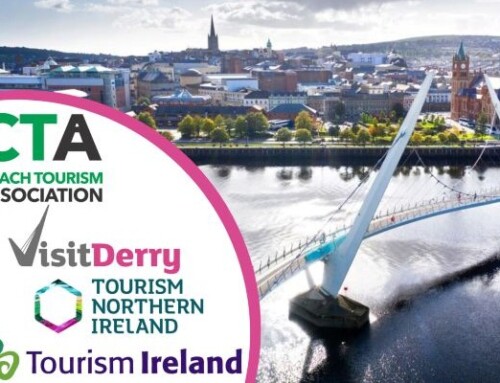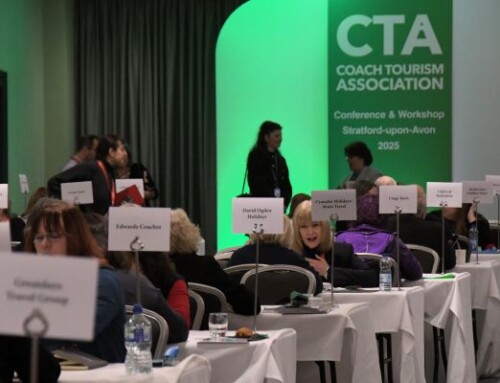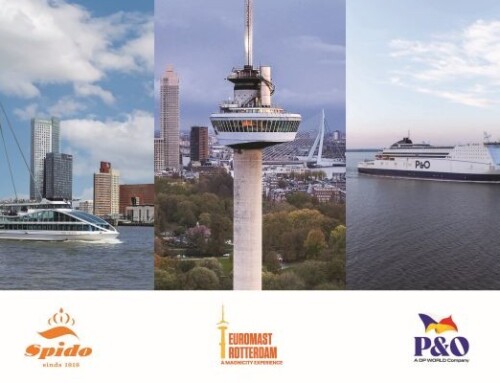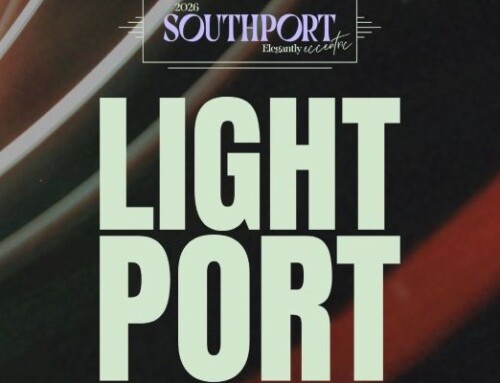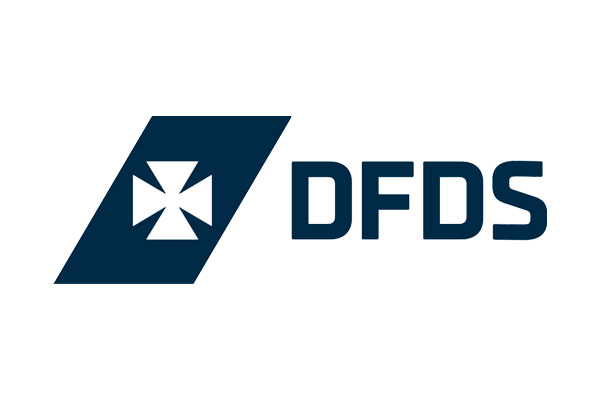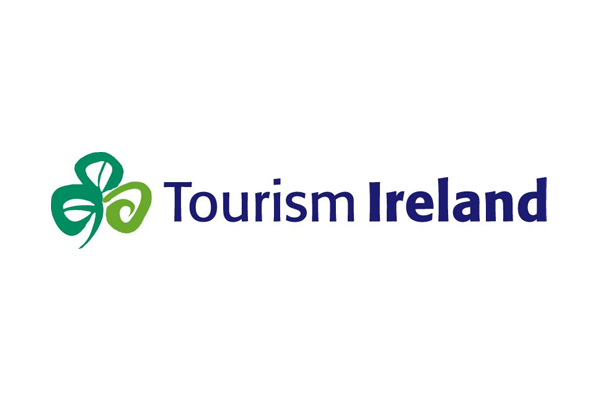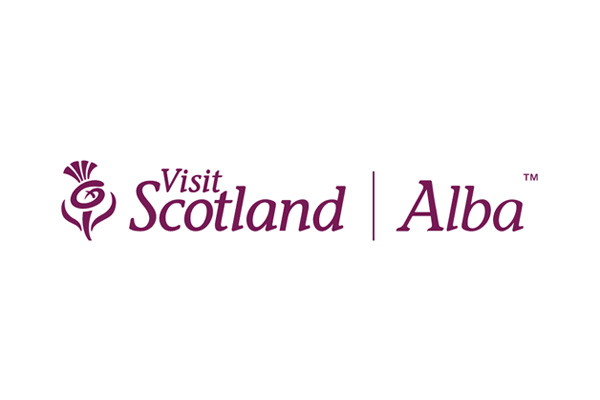COVID-19 Updates – week commencing 31/05/21
More updates of developments from the government and various links to interpretation and guidance.
Go to date:
1 June 2021 …
Tourism Alliance update
New CJRS Form
A new template has been developed for businesses that have between 16 and 99 people on furlough. If you’re claiming for 16 to 99 employees on or after 27 May 2021, you’ll need to use this template to upload a file containing the following information for each employee:
· full name
· National Insurance number (or payroll reference number if you do not have this)
· payroll reference number (sometimes called a pay identify or staff number)
· furlough start and end date (using the format DD/MM/YYYY)
· full amount claimed (pounds and pence)
· normal hours (using decimals, for example 7.5)
· actual hours worked (using decimals)
· furloughed hours (using decimals)
· if they have returned from statutory leave and you then put them on furlough
Correcting CJRS Claims
Staying with CJRS, there is an update to the guidance on paying back grants with information on how to correct overclaims. The steps to follow are:
-
- Work out your claim amount as normal. If you submit using a file, do not provide details of the overclaim in that month’s claim file. The file should show the amount of the claim for the employees being claimed for without any offset for the overclaim.
- Work out your overclaim amount.
- Deduct the amount you’ve overclaimed (step 2) from your claim amount (step 1).
- Enter the result in the ‘claim amount’ box on your claim form.
- Enter the amount you’ve overclaimed in the ‘overclaim’ box on your claim form.
DCMS GVA Assessments
DCMS has published monthly assessments of the GVA of sectors under it’s responsibility. The key outtakes are that compared to January 2019:
-
- The creative sector output is at 94%
- The cultural sector output is at 85%
- The tourism industry output is at 63%
https://www.gov.uk/government/statistics/dcms-sectors-economic-estimates-monthly-gva-to-march-2021
Passenger Arrivals into the UK
ONS has published an analysis of passenger arrivals on a weekly basis which shows that for the year to the end of March, arrivals into the UK were 89% down on the previous year. In addition, arrivals by sea were down 71% and arrivals by rail were down by 75%
Airport and Ground Operations Support Scheme (AGOSS)
The Government has published the May application round of the AGOSS. To be eligible, you need to be:
-
- A commercial airport situated within England with a valid commercial licence from no later than 3 March 2021 that operated at least 12 scheduled commercial passenger flights in 2019
- A ground handling company providing, as your primary function, any of the handling service listed in EU Directive 96/67/EC directly to an airport user for scheduled commercial flights at a commercial airport in England, for a site or sites located in England
- Have received, for your eligible site or sites in England, a business rates bill from your relevant local authority for the 2021 to 2022 financial year
- Demonstrate a forecasted COVID-19 loss for the 6 months to 30 September 2021
https://www.gov.uk/guidance/applying-for-covid-19-airport-and-ground-operations-funding
Clarification On Staying Overnight
The public guidance associated with Step 3 has been updated to provide clarification on the ability of people to stay overnight in paid accommodation or with friends. The guidance now reads:
-
- You may stay overnight in holiday accommodation in groups of up to 6, or larger groups if everyone present is from 2 households (each household can include a support bubble, if eligible) unless a legal exemption applies.
- You can also stay overnight with friends and family in their homes in groups of up to 6, or larger groups if everyone present is from 2 households (including support bubbles).
https://www.gov.uk/guidance/covid-19-coronavirus-restrictions-what-you-can-and-cannot-do
Northern Ireland Travel Advice
The Northern Ireland Executive has simplified it’s advice when travelling to NI from within the Common Travel Area. There are no restrictions on the reason for travel, the exemptions and guidance to self-isolate has been removed, although the guidance on self-administered lateral flow tests before departure remains. This means that anybody from within CTA can travel to NI for leisure without being advised to self-isolate which is welcome news. The new guidance is:
Travelling to NI from within the Common Travel Area
-
- If you’re travelling from within the Common Travel Area and staying overnight in Northern Ireland, you should take a rapid lateral flow device test (LFD) before you begin your journey.
- You should only travel if the test is negative.
- You should also take an LFD test on days two and eight of your stay.
- You should not travel to Northern Ireland if you have COVID-19 symptoms, or have received a positive COVID-19 result.
https://www.nidirect.gov.uk/articles/coronavirus-covid-19-travelling-within-common-travel-area
EU Settlement Scheme – 30 Days Left
The Home Office is advising businesses that after the May Bank Holiday, there will only be 30 days before the deadline of 30 June 2021 for applications to be made to the EU Settlement Scheme (EUSS).
It is therefore important that all businesses check with their EU, EEA and Swiss employees who were resident in the UK by 31 December 2020, to make sure that they have already applied or will do so before the deadline so that this doesn’t impact on staffing.
Businesses will not need to carry out retrospective Right to Work Checks on existing employees after the 30 June 2021 deadline. However, from 1 July, new EU, EEA and Swiss employees that you hire will need to demonstrate their right to work either with the pre-settled or settled status, or with a visa under the points-based immigration system. These Right to Work Checks can predominantly be conducted digitally for EU, EEA and Swiss citizens.
Glasgow Remains in Level 2
The First Minister has announced that Glasgow will remain in Level 2 for another week (until 5th June) but there are signs that the situation is stabilising in the postcodes at the heart of the initial outbreak and across the city generally. Further funding has been made available to Glasgow City Council to provide additional support for businesses in hospitality and leisure in Glasgow, with grants ranging from £250 to £750 per week.
Mainland Scotland is currently due to move from Level 2 to Level 1 on 7 June. The First Minister said she is planning to confirm on Tuesday to Parliament whether that move will take place.
She also announced that travel restrictions between Scotland, the Republic of Ireland and certain local authority areas in England will remain in place for the time being.
https://www.gov.scot/news/protection-levels-update/
R Number And Growth Rate
As usual, we end the week with the latest R Number and Growth Rate Figures. This week they are, respectively, 1.0 to 1.1 and 0% to +3%. This is the first time since 15th January that the R Number has been greater than 1 and that the Growth Rate has been positive since 15th January. If this continues over the forthcoming weeks, it will increase pressure on Government to either delay Step 4 or to retain certain restrictions such as social distancing and group size while moving to Step 4.
https://www.gov.uk/guidance/the-r-value-and-growth-rate
Northern Ireland tourism Alliance update
Tourism Recovery Action Plan Phase 2 – Further to my update on Friday, the next phase of Northern Ireland Tourism Recovery Plan has been launched and is available to download at https://www.economy-ni.gov.uk/sites/default/files/publications/economy/tourism-recovery-action-plan-TRAP.pdf The phase two actions are broken down into eight themes aimed at assisting in the long-term recovery and sustainable growth of the tourism industry as follows:
1. Business Continuity
2. Creating Consumer Confidence
3. Stimulating Consumer Demand
4. Safeguarding Connectivity
5. Enhancing the Competitiveness of the Region
6. Enhancing the Capability of Businesses
7. Enhancing the Skills of the Workforce
8. Creating a Supportive Policy Environment.
· Tourism NI’s Industry Barometer – TNI commissioned a survey with NI’s tourism industry focusing on the impact of Covid-19 and industry outlook, with particular focus on recovery, the importance of different markets and desired support. Fieldwork took place between 26th March and 23rd April 2021, with responses received from over 400 tourism businesses. The closer to home markets, especially the domestic market, are considered by survey respondents to be even more important post-Covid, with importance levels dropping (but still remaining high) in 2022 when international travel is expected to recover. The majority (three-fifths) of respondents expect theirbusiness to recover financially by the end of 2022. The full report is available at https://www.tourismni.com/industry-insights/tourism-industry-barometer/#msdynttrid=OkpW8AyuWFy2zt9YsRvqYnRc2bxyo5wGPyEk8YSHjAE
Investment, Trade and Exports – Economy Minister Diane Dodds has, this morning, outlined her 10X Economy strategic priorities and high level ambitions that will shape her approach to trade and investment. With 70% of tourism spend generated by visitors from outside of NI, the Minister has recognised the importance of Tourism as a key enabler. The document states: ‘Like many other areas of our society, the impact of the Covid-19 pandemic on tourism has been significant. Tourism is an important export for Northern Ireland, one where our success has been built around the warm and welcoming spirit of our people, our world class hospitality and stunning natural landscapes. As we emerge from the pandemic we are committed to rebuilding tourism as a key enabler of our international, outward-looking trade and investment strategy.’ You can read the full document at Trade and investment for a 10X Economy: priorities for Northern Ireland’s inward investment, trade and exports | Department for the Economy (economy-ni.gov.uk)
Royal Status for Hillsborough – the Secretary of State for Northern Ireland has announced that, following a recommendation from the UK Government in support of an application from Lisburn and Castlereagh City Council, Her Majesty The Queen has agreed to award Royal Status to Hillsborough village. This is a huge honour for Northern Ireland in its centenary year. Hillsborough will be the first village or town in Northern Ireland to receive the exceptional title. Royal Status for Hillsborough is fitting recognition of the unique, historic significance of the village and its longstanding connections to the Royal Family. Following the granting of Letters Patent later in the year, the village will be officially entitled ‘Royal Hillsborough’. Congratulations!
Ryanair returns to Belfast City Airport – Following an eleven year absence Ryanair has commenced flights to Europe from Belfast City Airport. The first flights take off this week to Portugal and Spain, with flights to Italy to commence later in July.
Culture, Arts & Heritage Taskforce – The Culture Arts Heritage Recovery Task Force has issued a survey which can be accessed at Culture, Arts and Heritage Recovery Taskforce Survey – NI Direct – Citizen Space. The survey will close on 14 June, and will provide really important information for the work of the task force, so please share via your networks
New CEO for Belfast City Airport – Congratulations to Matthew Hall who has been appointed as Chief Executive, effective from 1 August 2021. He will take over from longstanding CEO Brian Ambrose, who announced in February this year that he will be retiring this summer. Matthew will bring a wealth of experience to the airport from his time as Commercial Director at David Lloyd and as Chief Commercial Officer of London City Airport. His previous experience also includes executive roles at American Airlines, where he was Managing Director, Sales & Marketing, EMEA, and Vice President at Travelport.
ABTA Conference Travel Matters – ABTA’s Travel Matters conference on 22nd June will be brought to you virtually to explore this year’s theme ‘Politics and Policies: An Agenda for Recovery’. Now in its 11th year, this industry event provides a timely update on politics and current affairs in an ever-changing world. What are the policies that are shaping the travel landscape and what can we learn from the upheaval in the past year? What is needed from Government to rebuild travel in the long term? NITA have organised a discounted rate for our members of £99 rather that £150. When signing up online tick the Partner category and input NITA when Partner number when prompted. All details and registration at Travel Matters: Free for ABTA Members | Events | ABTA
Republic of Ireland
On Friday the Irish Government published their roadmap for international travel today (https://www.gov.ie/en/press-release/7894b-post-cabinet-statement-resilience-and-recovery-the-path-ahead/#international-travel). The key date is 19th July and the main points are:
- Fully vaccinated travellers from EU and non-EU (latter where EU has not applied emergency brake) are anticipated to be permitted from 19th July without a pre-arrival test or quarantine required. We know the UK Government are reviewing the traffic light system on 28th June and considering testing requirements for fully vaccinated travellers but this is a useful lobbying point, particularly given the progress of vaccination in the USA.
2. The USA could be added to the UK Gov green list next month but there is still the day 2 PCR test at the moment. As N.I Exec are largely following UK Gov traffic light system at the moment, my understanding is a traveller arriving in ROI and travelling to N.I (and spending more than 1 day in Northern Ireland) would be in scope even though there are no land border immigration controls. If the day 2 PCR test is removed at the review on 28th June it would make island of Ireland tours easier.
- Non-fully vaccinated travellers from all EU/EEA (unclear if Switzerland too) with a negative pre-arrival PCR would avoid quarantine in ROI.
- The Common Travel Area is not restored yet (only fully vaccinated travellers from GB assuming no emergency brake would not be subject to quarantine).
2 June 2021 …
Tourism Alliance updates:
Guidance For Non-UK Nationals Intending To Stay In The Country
The Home Office guidance has been changed to state that people in the UK that cannot leave due to travel restrictions and intend to stay can make an application for permission to stay in the UK if they hold permission in a route that would normally allow them to do so, or if their current permission or visa expires before 1 July. They will need to meet the requirements of the route they’re applying for and will not be able to apply for a route for which there is no provision in the Immigration Rules for making an in-country application, such as T5 Youth Mobility Scheme, or Adult Dependant Relative.
The terms of their current permission will remain the same until their application is decided. If the person is switching into work or study routes, they may be able to commence work or study while their application is under consideration, depending on the terms of their current permission.
They are also able to apply for permission to stay to remain in the UK if they have been issued with an ‘exceptional assurance’, but must submit their application before the expiry of their ‘exceptional assurance’.
NHS Travel Operator Briefing Pack
Here is a copy of a Travel Operator Briefing Pack that the NHS has produced for the Outbound operators which provides information on demonstrating Covid-19 vaccination status via the NHS App for passengers travelling overseas. The briefing pack notes that the NHS App will continue to be developed including the ability to show COVID-19 test results. As such, this briefing pack will be updated on a regular basis so it is important that outbound operators keep checking for updates.
Lockdown Restrictions Paused in Scotland
The First Minister has announced that 13 council areas would stay in level two due to rising case rates. In addition to Glasgow, which she announced would go from Level 3 to Level 2 at midnight this Friday, the continuation of level 2 will apply to Edinburgh and Midlothian, Dundee, East Dunbartonshire, Renfrewshire and East Renfrewshire, the three Ayrshires, North and South Lanarkshire and Clackmannanshire and Stirling. She also announced that, as a result of this decision, the Scottish Government will be providing support to soft play and other closed sectors that had expected to open, or operate in a different way from 7 June.
https://www.gov.scot/publications/coronavirus-covid-19-update-first-ministers-statement-1-june-2021/
Consultation On Free Trade Agreement with India
The Government has launched a consultation on the development of a Free Trade Agreement with India. In order to inform the Government’s approach to negotiations on a free trade agreement with India, the main aims of the consultation are to find out what businesses:
-
- think about the UK’s current trading arrangements with India
- think the UK’s Government should change or improvement through a Free Trade Agreement.
The consultation is open until 31st August and the background documents are available on the following link
https://www.gov.uk/government/consultations/trade-with-india-call-for-input
The consultation itself is online only and submissions can be made on the following link
https://ditresearch.eu.qualtrics.com/jfe/form/SV_5jZl7gG1omIEtdI
UK City Of Culture 2025 – Expressions of Interest Open
DCMS has launched the process for deciding the 2025 City of Culture by seeking expressions of interest by 15th July 2021. One thing to note is that, in contrast to previous years, expressions of interest will be accepted from cohesive area made up of two or more neighbouring or closely linked cities or towns – this is to tie the City of Culture award to the Government’s levelling-up agenda.
SEISS Fifth Grant
HMRC has published a new guidance document for the Self-Employed regarding applications for the Fifth Grant. It is important to note that the fifth grants differs from previous grants in that the amount that a person will receive will be determined by how much their turnover has been reduced in the year April 2020 to April 2021.
To work out your eligibility for the fifth grant, HMRC will first look at their 2019 to 2020 Self Assessment tax return and you will only be eligible if your trading profits are no more than £50,000 and at least equal to your non-trading income. If you’re not eligible based on your 2019 to 2020 tax return, HMRC will then look at the tax years 2016 to 2017, 2017 to 2018, 2018 to 2019 and 2019 to 2020.
HMRC will provide more information and support by the end of June 2021 to help applicants work out how their turnover was affected.
Grant Payments by Councils
The latest update on the payment of various grants by councils has been published. As ever, these updates run a month behind (to the end of April this time) and so aren’t a completely accurate snapshot of the current situation but, as ever, there remain a number of councils that are still not getting ARG grants to businesses fast enough. Some examples are:
-
- Southend has only distributed £41k of the £5.3m it received from Government
- Southampton has still only distributed £2.3m of the £7.3m is has received from Government
- Kingston upon Thames has only allocated £894k of the £5.1m it received
- Oxford has distributed only £1.8m of the £4.4m it received
- Hackney has distributed just £900k of the $8.1m it received
However, there is a particular shout-out to Stratford Upon Avon Council this month for reporting that they have distributed £3.9m of the £3.7m that they received from Government.
DFT Transport Figures
DFT’s transport figures for the past week have been published. These are interesting because they cover the bank Holiday weekend and therefore give an indication of how people were travelling over this period. The key points are that:
-
- Private vehicle usage increased sharpy over the weekend to 109% of pre covid use.
- There was no real change in use of the National Rail Network
While the actual percentage is a bit misleading because Late May Bank Holiday changes date year to year, what is worth noting is the 10% increase in private vehicle use over the weekend compared to the use of trains, indicating that people who went away for the weekend chose to use their car rather than use public transport. If this trend holds into the summer, it is going to put significant pressure on the roads and at destinations.
https://www.gov.uk/government/statistics/transport-use-during-the-coronavirus-covid-19-pandemic
Compliance with Self-Isolation
ONS has produced data on the level of compliance with self-isolation requirements. The data indicates that 86% of people comply with self-isolation requirements , which is up 4% from March. While this a pretty high level of compliance, the 14% non-compliance will probably be factored into the Government’s review of the traffic light system which is due this week.
